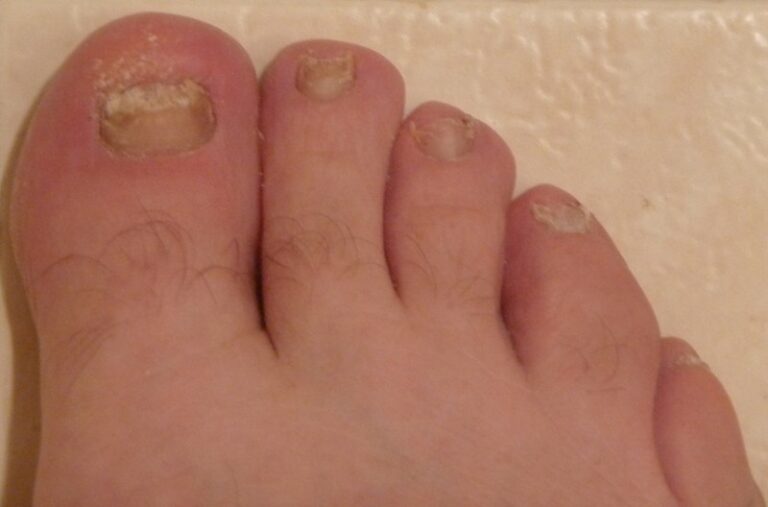When Should I See a Doctor About Plantar Fasciitis?

Plantar fasciitis is one of the most common causes of heel pain, and it often develops due to strain on the plantar fascia, a thick band of tissue running along the bottom of the foot. While many cases improve with rest and simple self-care measures, some instances call for guidance from a medical professional. Understanding when to seek expert help can help provide a more effective resolution of symptoms.
How Long Should Plantar Fasciitis Pain Last?
The duration of pain can vary based on the cause, lifestyle factors, and the steps you take to manage it. For many, mild plantar fasciitis begins to ease within a few weeks after adopting self-care strategies. Symptoms may initially be worse in the morning or after long periods of inactivity, but improve as the day progresses.
If pain persists beyond several weeks despite consistent at-home care, it may indicate more significant inflammation or an underlying issue. Experiencing lingering symptoms for months or intermittent flare-ups over time could warrant further medical evaluation. Lingering pain can interfere with daily activities, such as standing, walking, or exercising, making professional input on treatment options an appropriate step.
Which Symptoms Need Medical Attention?
If you’re dealing with plantar fasciitis, know when to seek medical advice. While mild cases often improve with rest and supportive care, certain symptoms may indicate complications or an alternative diagnosis. Keep an eye out for the following signs:
- Worsening pain over time: Pain that intensifies and doesn’t improve with reduced activity could signal a more serious issue.
- Swelling or changes in appearance: Redness, heat, or noticeable swelling might indicate additional tissue inflammation or even an infection.
- Numbness or tingling: These sensations are not typical of plantar fasciitis and could point to nerve involvement or other conditions.
- Sharp, stabbing pain: Pain of this nature may suggest other issues requiring further evaluation.
If you notice any of these symptoms, it’s best to consult a doctor. They can help determine whether your symptoms are related to plantar fasciitis or if another condition may be causing the problem.
What Treatments Might a Doctor Recommend?
When plantar fasciitis doesn’t improve with conservative treatments, doctors can provide tailored options to help manage symptoms and promote healing. These treatments address the root causes of pain while aiming to restore mobility and reduce discomfort.
Here are some common treatment options:
- Lifestyle Adjustments: Modifying activities to reduce pressure on the foot and using orthotics for better foot support can help alleviate strain.
- Stretching and Physical Therapy: Specific stretches and exercises improve flexibility, strengthen supporting muscles, and correct biomechanical issues.
- Corticosteroid Injections: These injections target inflammation directly, offering temporary relief for severe pain.
- Shock Wave Therapy: A non-invasive treatment that uses sound waves to stimulate healing in the affected area.
- Surgical Options: In rare, severe cases, surgery may be reviewed if other treatments have failed to provide relief.
With the right combination of strategies, most cases can be effectively managed. Always consult a healthcare professional to determine the best course of action for your specific needs..
Consult a Podiatrist
Foot pain can significantly impact everyday life, and knowing when to seek professional help can lead to faster relief. If plantar fasciitis symptoms linger beyond a few weeks, worsen over time, or interfere with daily activities, a podiatrist can evaluate your condition and create a personalized treatment plan. Don’t let heel pain hold you back. Schedule an appointment with a podiatrist to explore solutions tailored to your needs and get back to daily life with confidence.
- What to Expect When Visiting a Foot and Ankle Specialist
- Causes of PTSD
- The Link Between Plantar Fasciitis and Weight Gain: What You Need to Know
- How Pet Ownership Can Positively Impact Life with Fibromyalgia
- The Importance of Stretching and Flexibility in Sports Medicine
Dr. Emma Green is a health and wellness expert with over 10 years of experience in nutrition and fitness. Passionate about helping others live their healthiest lives, Dr. Green shares practical advice on wellness, nutrition, and sustainable living through LivingSpristine.






